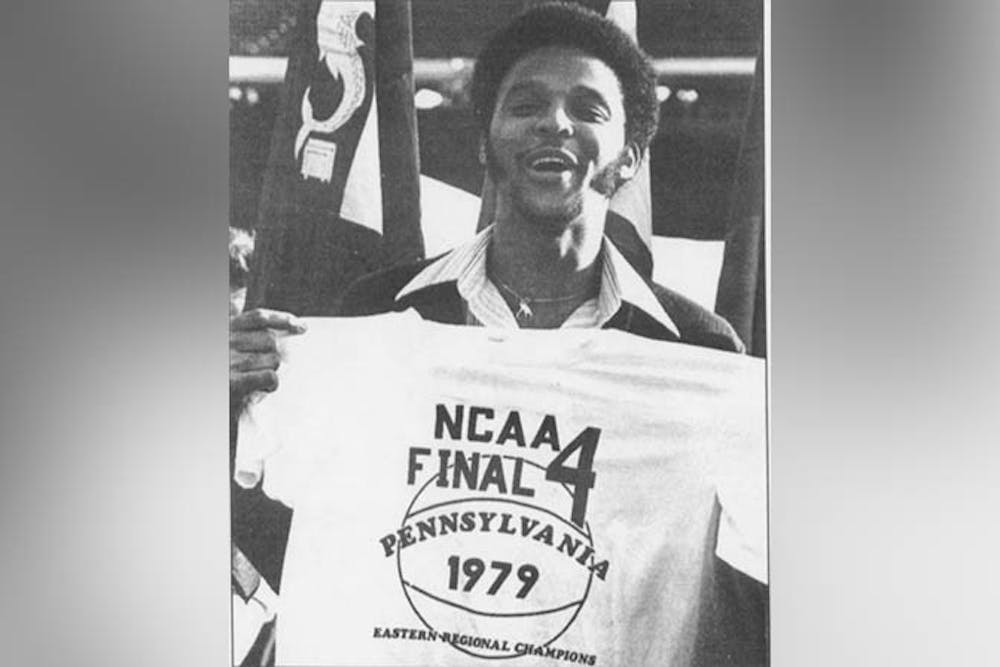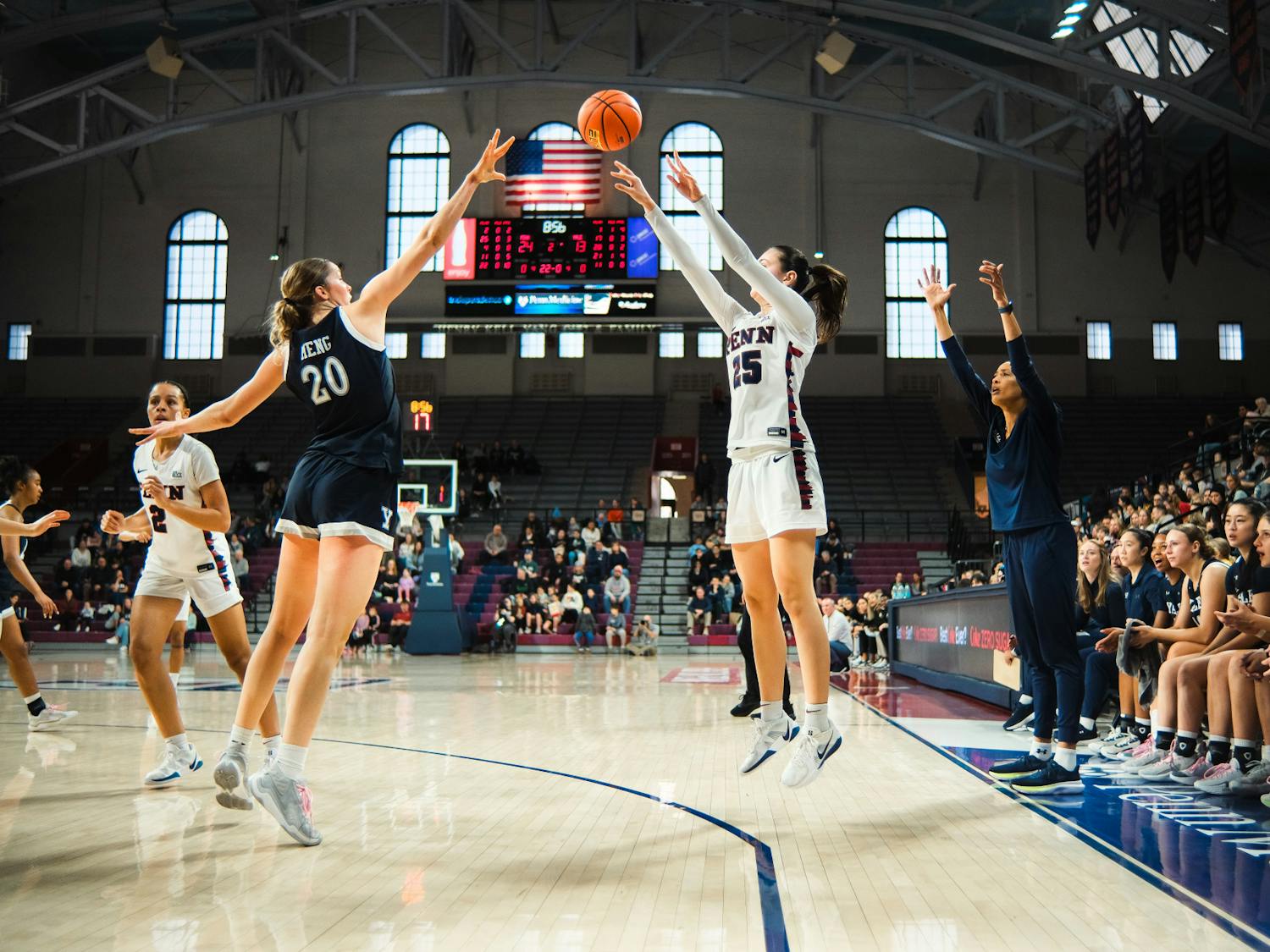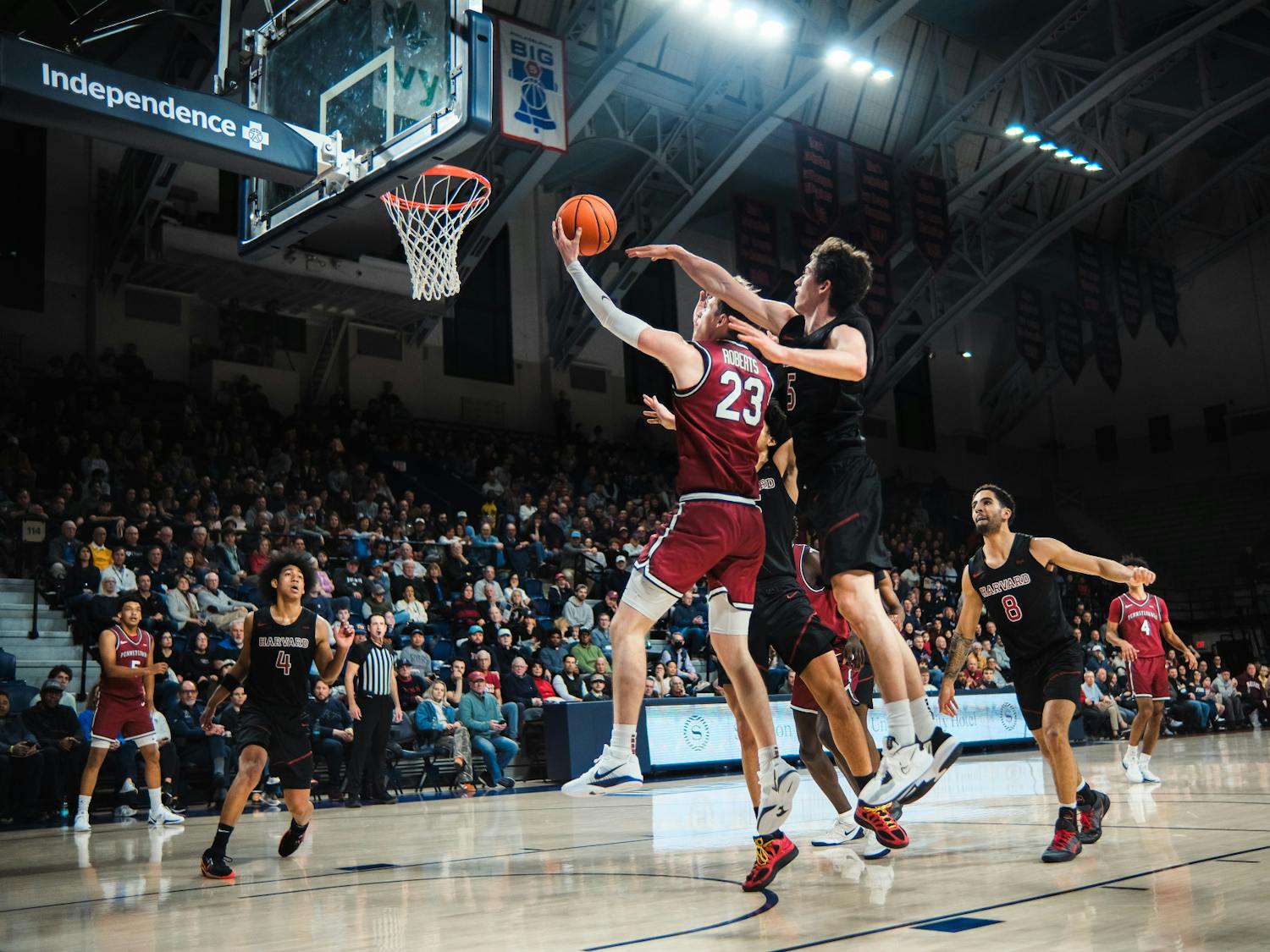In 1979 I had the pleasure of being the television announcer for the only Penn basketball team ever to reach the NCAA Final Four. While the Ivy League doesn’t give athletic scholarships, it’s likely that some, if not most of the players, received a preference in admissions due to their athletic skill. This year, in light of the admissions cheating scandal now engulfing the nation, what started as a celebration down memory lane has turned more serious.
Clearly, athletic ability is not the only preference given in admissions. Children of major donors, legacies, minorities, and others get certain preferences. There are reasons for all of these, ranging from ensuring future financial support to maintaining a diverse student body. These preferences certainly differ from the guaranties received by the perpetrators in the current scandal, which resulted from fraud and bribery.
The reaction to the overall episode, however, could alter the entire shape of university admissions procedures. I hope that in reaction universities don’t go to the other extreme and become too formulistic in their admissions policies.
I submit that an important function of our university is to provide educational opportunity for a broad cross-section of people. I contend that if our university graduates 100 percent of its matriculates, we are doing something wrong. We should strive to graduate an extremely high number, but if we reach 100 percent we’re just playing it safe.
While I don’t know, I suspect that some of the players on that 1979 Final Four team would not have been admitted without their basketball skill. Once they got in, however, they were expected to do all the work and satisfy all of the requirements of any other student in order to graduate. One tragedy of the last 40 years in higher education has been to neuter the idea of flunking out.
Reasonable people can differ on how much weight to give each particular preference, but subjecting admissions entirely to a strict formula would do our school a disservice. As with college itself, admissions is a human endeavor. Many “diamonds in the rough” may have reasons for lower test scores or GPAs that skilled admissions officers can evaluate and put into perspective.
The key to the success of the admissions program is the oversight within the admissions office. Look at the contrast of our Final Four team with the beneficiaries of today’s cheating scandal. Many of the “students” in the news today were faux athletes. Some incredibly had their faces photoshopped on the athletic bodies of others.

When the process fails, the result is the diminishing of a university’s brand. Has any school seen its reputation bludgeoned in the last two weeks as much as USC? Overall a terrific school with an outstanding reputation, USC now looks like a play toy for the wealthy and well connected.
This scandal hits so many at such a visceral level that it might cause a major re-evaluation of many aspects of university life and administration, including the integrity of the entire process and the influence on admissions of a school’s athletic department. In this regard, the Ivy League has done a much better job than other schools. There is no one “revenue sport” that pays for the entire athletic program. Thus no athletic endeavor has, or should have, undue influence over the entire university. Indeed at many schools, administrators have allowed the athletic program to become practically an entity unto itself, nearly divorced from the rest of the institution. Just how do professors at schools like Oregon and Clemson feel when they see that their universities are ranked 1 and 2 in quality of football facilities, yet they struggle for every ounce of salary and classroom facilities they can get?
Primary responsibility for structuring admissions rests with the University trustees. They must ensure that the Penn brand remains superb, that the opportunities are not limited to a certain subset of the population, and that the trade-off for higher education is not crushing debt, which hollows out the middle class from consideration.
With the exception of the inexcusable tuition level (and the Jerome Allen situation, which hopefully is a one-off), I believe Penn mostly has performed well since I graduated. Forty years after I stowed away on that Magical Mystery Tour to Raleigh, Greensboro, and Salt Lake City for the 1979 NCAA's, I’m proud to say I went to the same school as Tony Price, Tim Smith, Bobby Willis, “Booney” Salters, and the others.
Our University though, is only as good as its people. It remains the obligation of all of us to stay engaged. We all have a stake in this endeavor known as the University of Pennsylvania.
DANIEL MARKIND is a 1980 Wharton and 1983 Law School graduate. He was also the television announcer for the only Penn basketball team to ever reach the NCAA Final Four in 1979.









